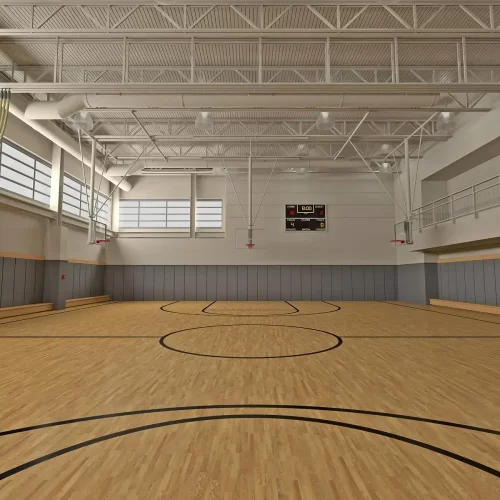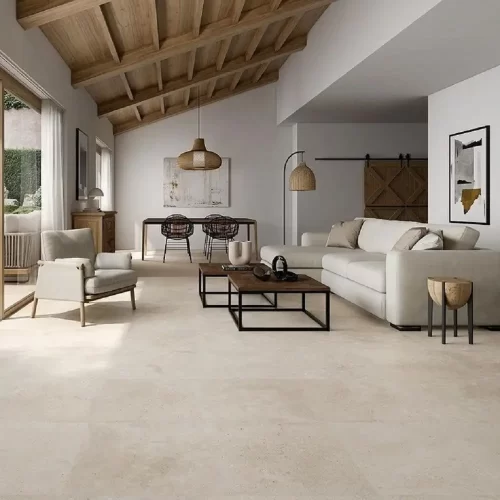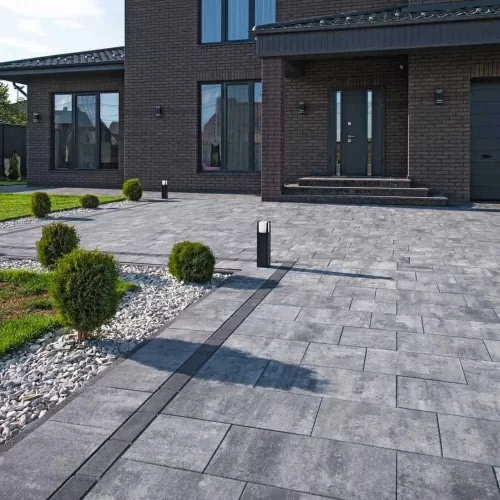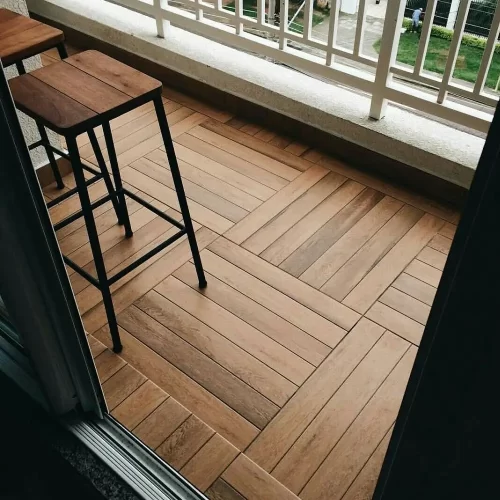- Home
- Raised Flooring
Best Raised Flooring Supplier in Dubai & Abu Dhabi
When it comes to top-quality Raised Flooring solutions in Dubai and Abu Dhabi, we are the trusted supplier offering a wide range of raised floor tiles, raised access flooring, and false floor tiles. Our raised flooring for wet basements ensures durability and protection, perfect for modern spaces. Buy raised floor tiles today to experience innovative design and functionality, ideal for offices, data centers, and commercial areas. For competitive raised flooring prices, contact us to purchase the best solution for your needs in Dubai and Abu Dhabi.
As the leading Raised Flooring wholesaler in Dubai and Abu Dhabi, we offer unmatched deals. Check our wholesale price offers and call now at 0566-00-9626 to get the best prices on raised floor tiles and more.
Looking for the Best Raised Flooring Shop/Store in Dubai and Abu Dhabi for Residential and Commercial Projects?
Looking for the best Raised Flooring solutions for your residential and commercial projects? Our branches in Dubai and Abu Dhabi are equipped with expert teams ready to help you choose the perfect raised floor tiles and raised access flooring for your needs. Whether you need flooring for wet basements or commercial spaces, we provide top-quality solutions tailored to your requirements. Visit our Raised Flooring store today and explore our wide selection, designed to meet the highest standards. Let our team guide you through the best options for your project in Dubai and Abu Dhabi.
Features of Our Raised Flooring: Superior Quality for Every Need
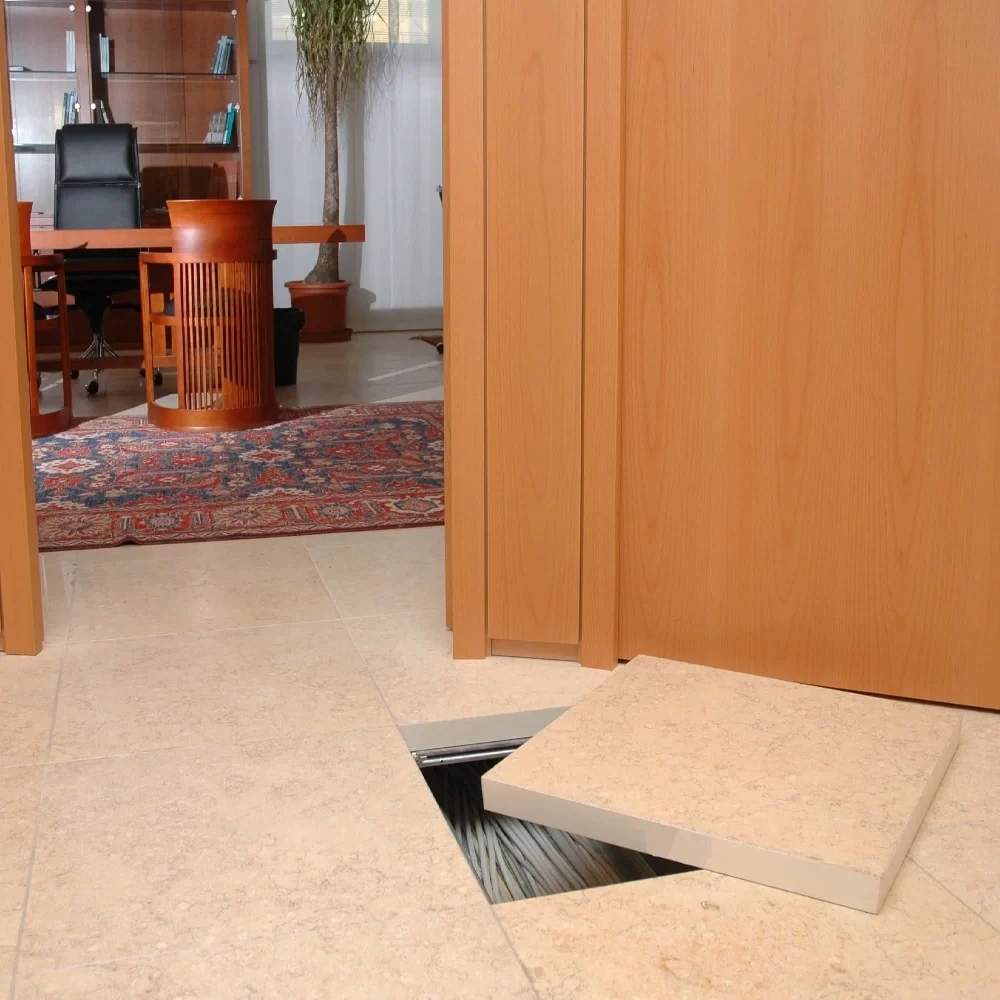
- Antibacterial: Protect your space with flooring that helps maintain a cleaner environment.
- Fire Rated/Fire Coated/Antifire: Ensures safety with fire-resistant properties for peace of mind.
- Eco-Friendly: Made from sustainable materials, our raised flooring solutions are environmentally conscious.
- Waterproof Materials: Ideal for high-moisture areas like basements, offering long-lasting durability.
- Anti-Slip/Anti-Skid: Provides a secure and safe walking surface, reducing the risk of accidents.
Get Up to 50% Discount on Raised Flooring - Limited Time Offer!
For wholesale orders of more than 1000 square meters, enjoy up to 50% discount on our top-quality raised flooring products. This is your chance to buy the best product at unbeatable prices. Take advantage of our sale offers and transform your commercial or residential projects with our premium raised flooring solutions.
For retail orders, we are offering up to 30% discount on our raised floor tiles and accessories. Don’t miss out on these exclusive discounts! Buy the best product for your home or office at incredible prices and enhance your space today.
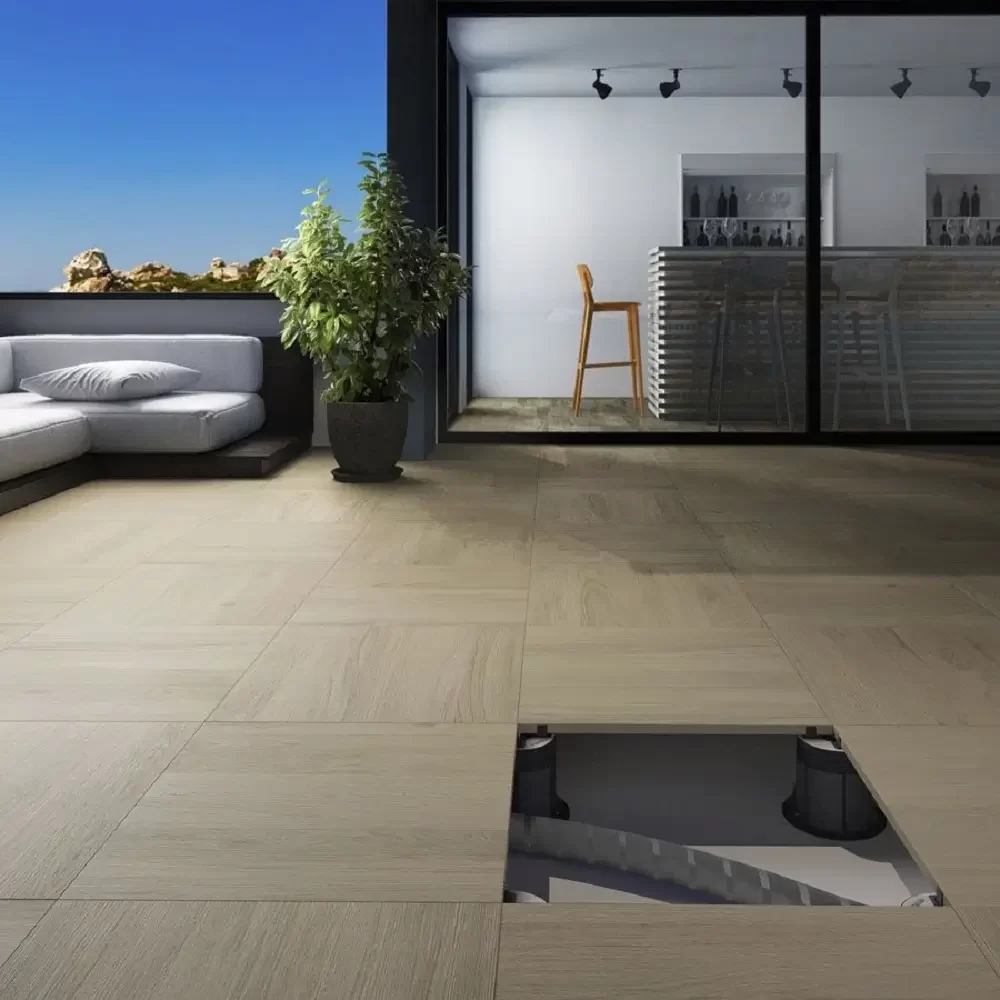
Types of Raised Flooring We Provide: Tailored Solutions for Every Need
- Standard Raised Flooring: Ideal for office spaces, offering easy cable management and accessibility for maintenance. A reliable solution for commercial environments.
- Anti-Static Raised Flooring: Perfect for data centers and sensitive electronics, minimizing the risk of electrostatic discharge with specialized materials to protect valuable equipment.
- Waterproof Raised Flooring: Designed for areas with high moisture, such as basements or industrial zones, providing durability and protection against water damage.
- Eco-Friendly Raised Flooring: Sustainable and energy-efficient, using environmentally friendly materials to reduce your carbon footprint while offering exceptional performance and strength.
Benefits of Raised Flooring We Provide: Elevate Your Space with Superior Performance
- Improved Air Circulation: Raised flooring promotes better airflow, helping to reduce heat buildup in commercial spaces, improving comfort and energy efficiency.
- Easy Cable Management: Simplifies the management of cables and wires, making it easier to organize and access them for maintenance in both residential and commercial projects.
- Enhanced Safety: With anti-slip properties and the ability to hide cables, our raised flooring reduces the risk of accidents and provides a safer environment.
- Increased Flexibility: Allows for quick adjustments and easy reconfiguration of layout, making it ideal for spaces that require frequent changes.
Applications of Raised Flooring We Provide: Versatile Solutions for Every Space
- Data Centers: Ideal for managing sensitive equipment and cables, raised flooring ensures efficient cooling and easy access for maintenance in high-tech environments.
- Offices and Commercial Spaces: Provides a clean, organized look while facilitating easy cable management and HVAC solutions for comfort and efficiency.
- Wet Basements: Perfect for moisture-prone areas, raised flooring protects against water damage, ensuring a durable and dry solution.
- Retail and Showrooms: Enhances the aesthetic appeal of spaces while offering functionality for wiring, HVAC, and flexibility in layout design for retail environments.
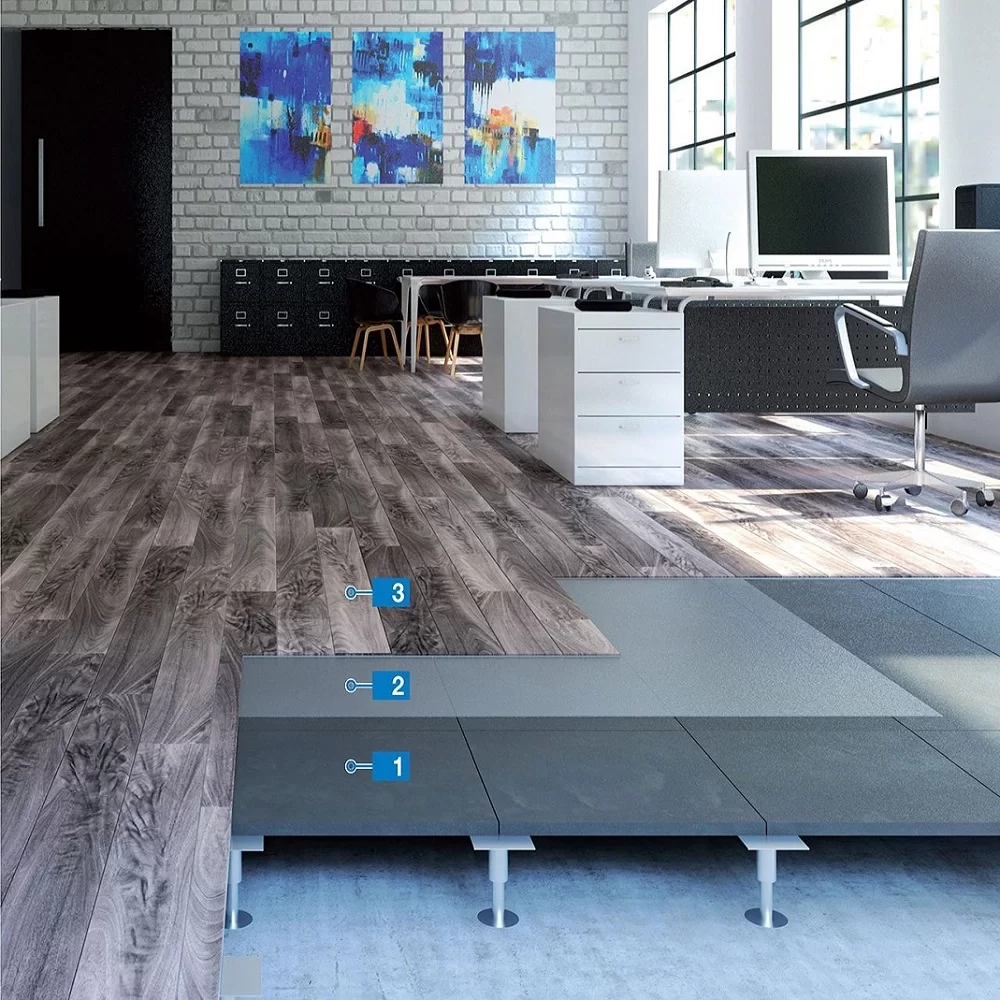
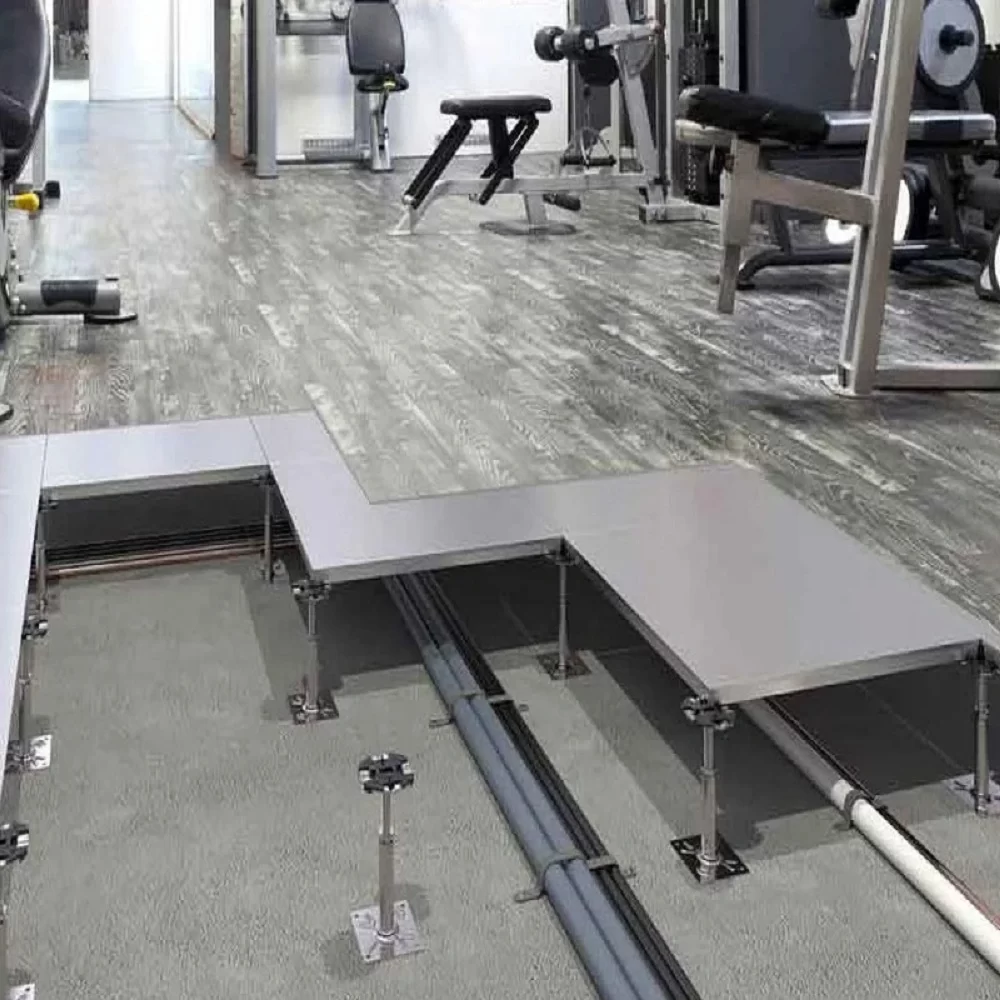
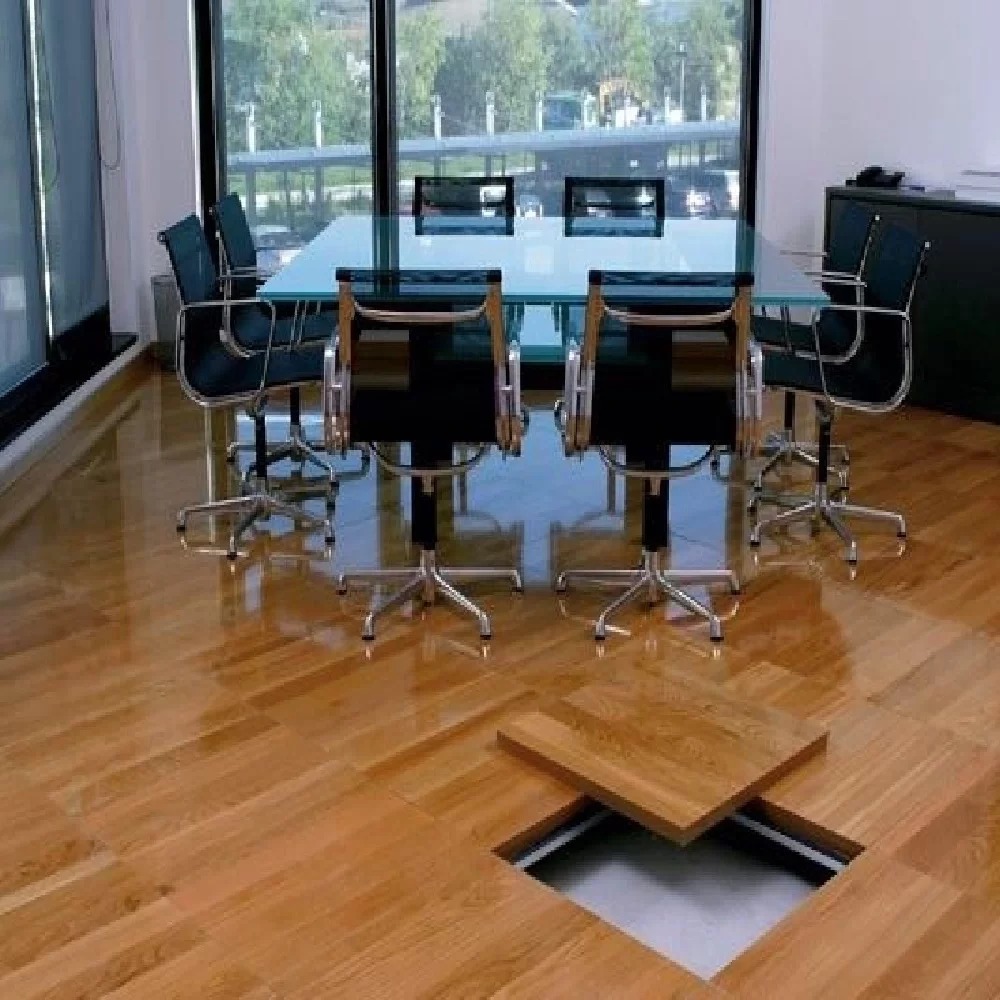
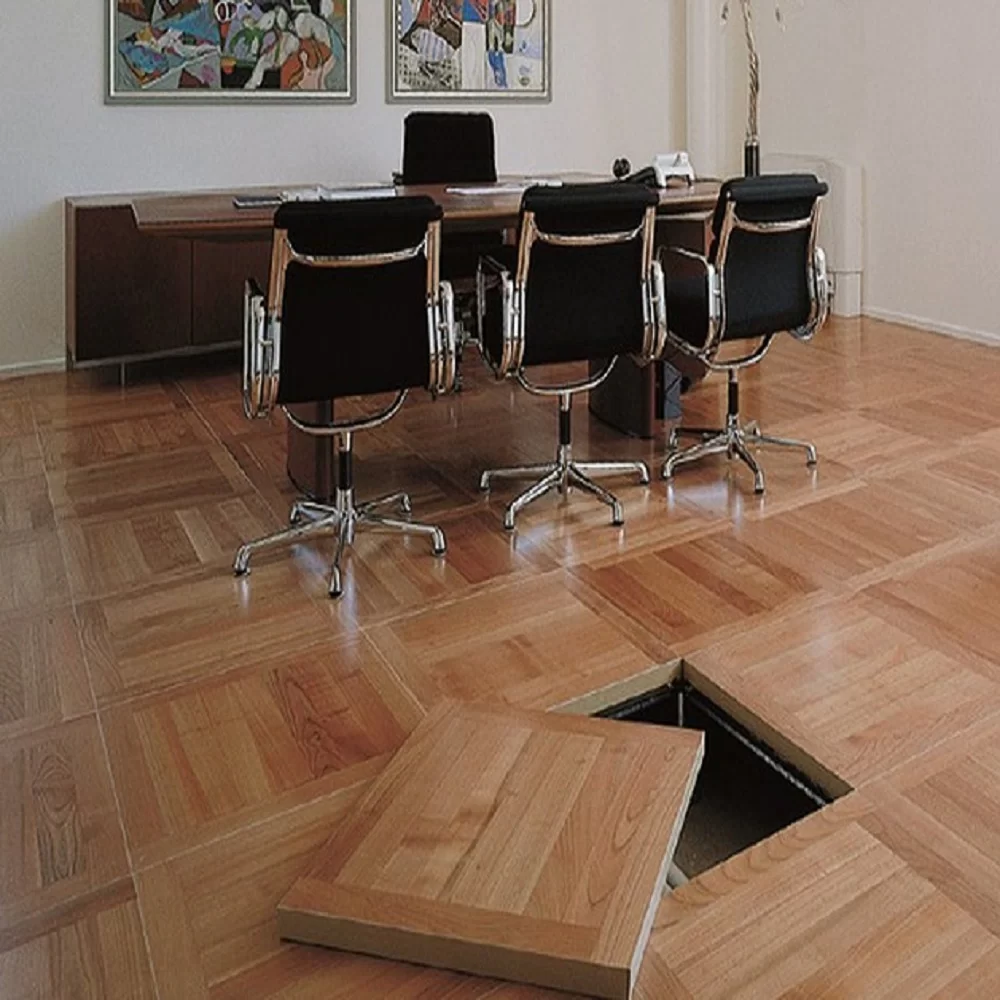
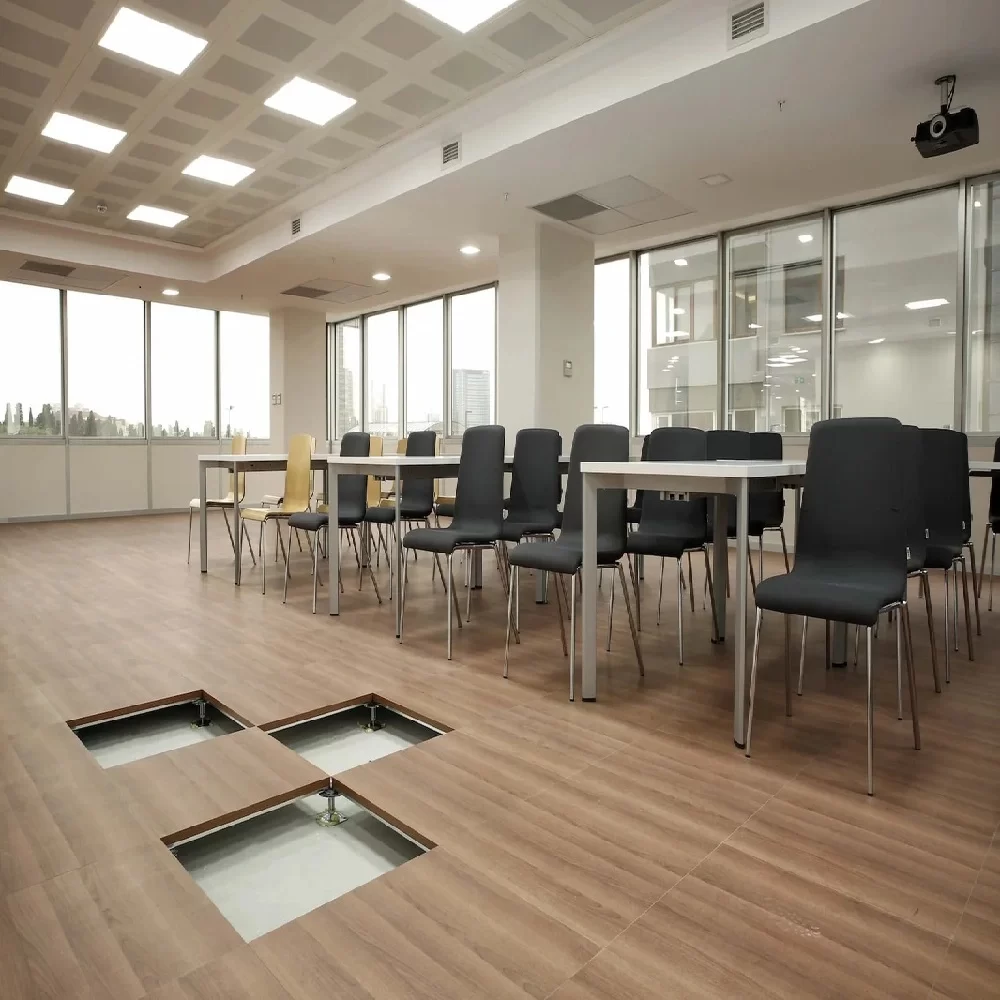
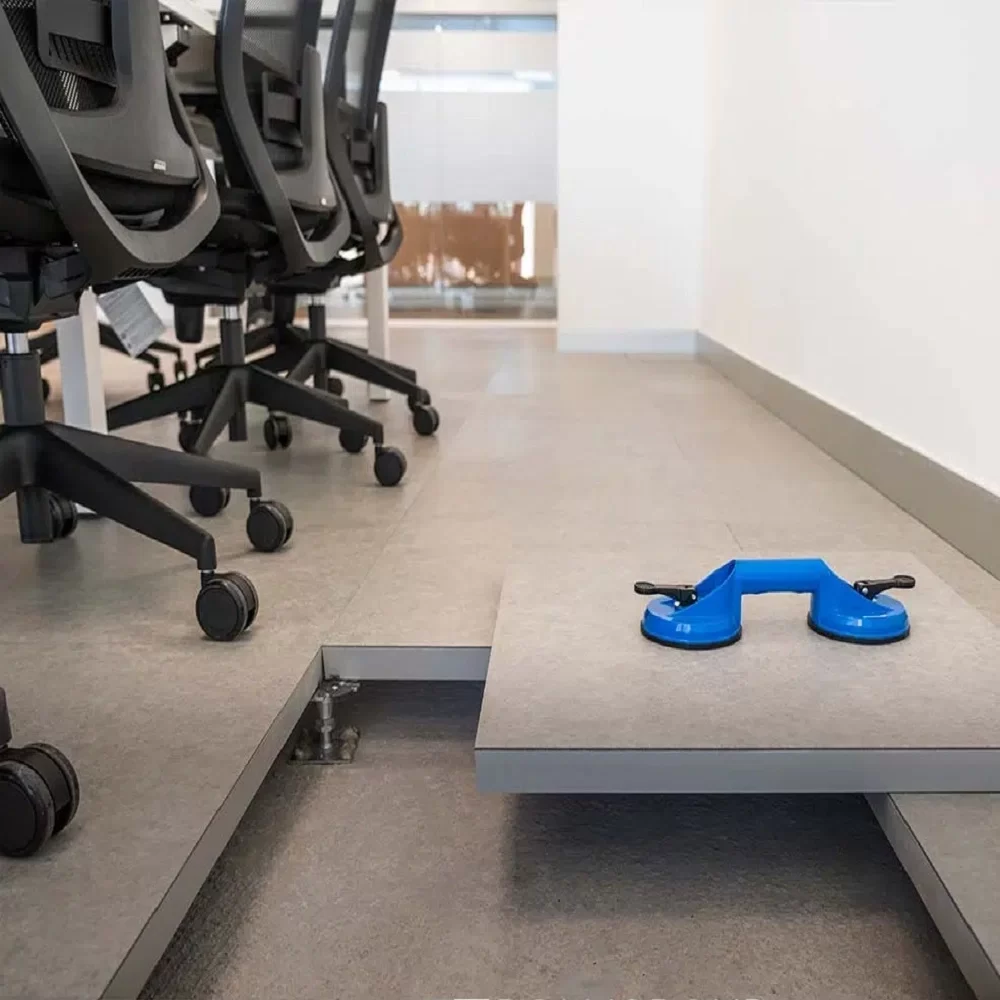
Your Trusted Raised Flooring Supplier Across All Emirates of UAE.
As the leading raised flooring supplier in the UAE, we proudly serve all Emirates, including Dubai, Abu Dhabi, Sharjah, Ajman, Fujairah, Ras Al Khaimah, Umm Al Quwain, and Al Ain (Abu Dhabi). Our expert team offers top-notch raised flooring solutions for both residential and commercial projects, tailored to your specific needs. Whether you’re in a high-rise office in Dubai or a residential basement in Al Ain, our premium raised flooring ensures durability, functionality, and aesthetic appeal. Trust us to provide the best flooring solutions across the UAE.
Why Choose Us for Raised Flooring?
- Expertise: Years of experience in providing top-quality raised flooring solutions for both residential and commercial projects.
- Custom Solutions: Tailored options to meet your specific needs, ensuring the perfect fit for your space.
- Superior Materials: High-quality, durable raised flooring systems designed for long-lasting performance.
- Wide Range: Offering anti-static, eco-friendly, and waterproof flooring options suitable for any environment.
- Expert Team: Our knowledgeable team is always available to provide expert advice and outstanding customer service.
- Reliable Service: We deliver and install your flooring on time, ensuring maximum satisfaction.
Our Expert Raised Flooring Installation – Our Installation Team Works 24/7!!
When it comes to raised flooring installation, we lead the way with expertise and precision. Our team works 24/7 to ensure your project is completed on time, whether it’s for raised floor tiles, raised access flooring, raised computer floor tiles, or false floor tiles. We specialize in providing raised flooring for wet basements, offering durable solutions that protect against moisture. With our skilled installation team, you can rest assured that your raised flooring will be expertly fitted for lasting performance and reliability. Trust us for top-quality service and unbeatable results!
FAQs About Raised Flooring
A: Yes, we supply and install Raised Flooring all across Saudi Arabia, including cities like Riyadh, Jeddah, Mecca, Medina, Dammam, Khobar, Abha, Tabuk, and Jubail, as well as throughout the Gulf region and the Middle East.
A: Yes, we supply and install Raised Flooring all across Oman, including cities like Muscat, Salalah, Sohar, Nizwa, Barka, Ibri, Sur, Seeb, and Al Buraimi, as well as throughout the Gulf region and the Middle East.
A: Yes, we supply and install Raised Flooring all across Qatar, including cities like Doha, Al Rayyan, Al Wakrah, Al Khor, Messaieed, Lusail, Umm Salal, Al Daayen, and Al Sheehaniya, as well as throughout the Gulf region and the Middle East.
A: Raised Flooring is an elevated floor system that creates a gap between the subfloor and the finished floor surface, allowing easy management of cables, pipes, and HVAC systems. It is commonly used in offices, data centers, and commercial spaces.
A: The key benefits of raised flooring include better cable management, improved air circulation, flexibility for future changes, enhanced safety with anti-slip features, and durability in moisture-prone areas.
A: Raised Flooring installation involves placing floor panels on pedestals, creating an accessible gap between the floor and the surface. Our expert team installs it seamlessly to ensure durability and easy access for wiring and ventilation systems.
A: Yes, raised flooring for wet basements is designed with moisture-resistant materials, providing protection against water damage while enhancing the overall durability of the floor in moisture-prone environments.

